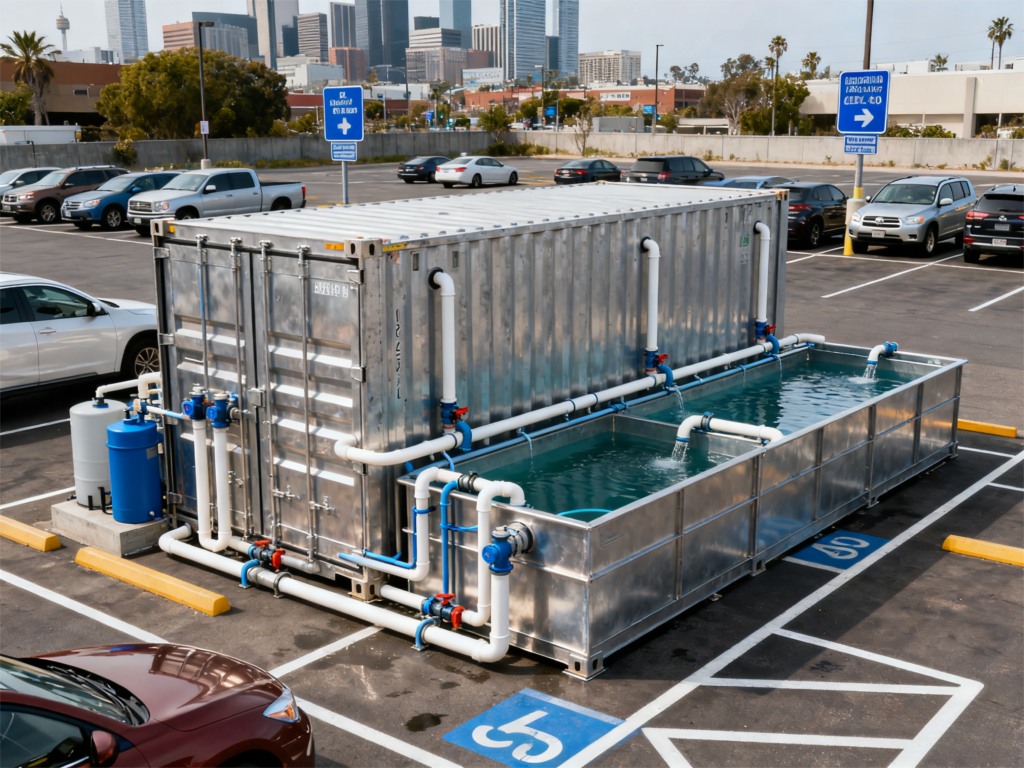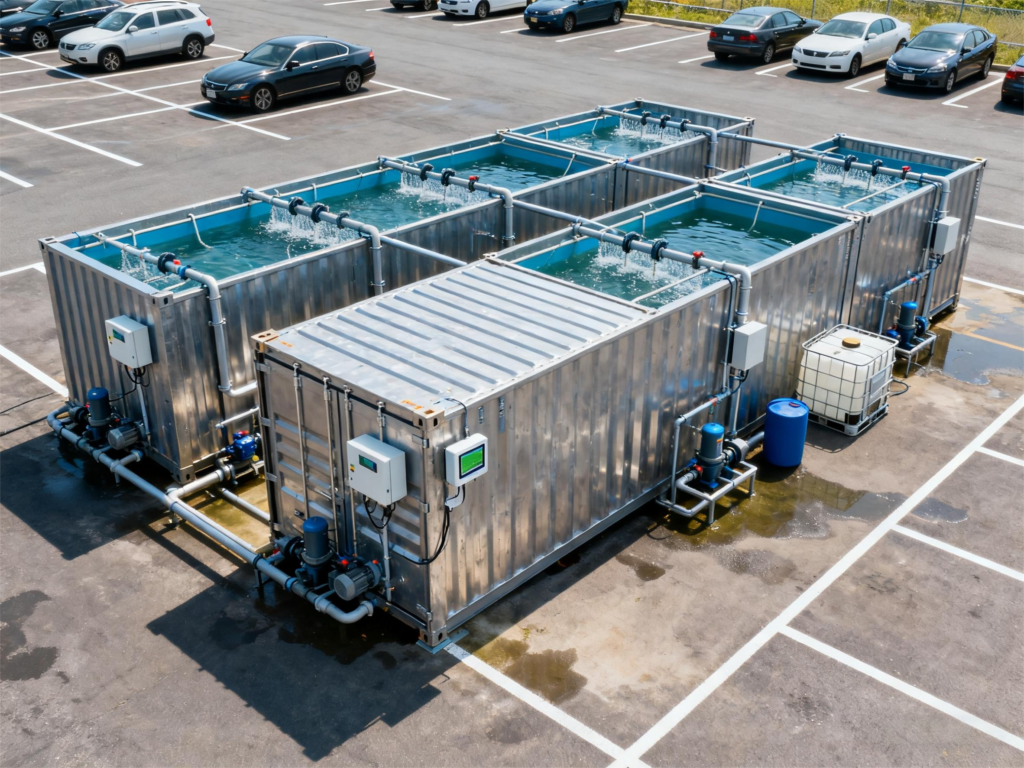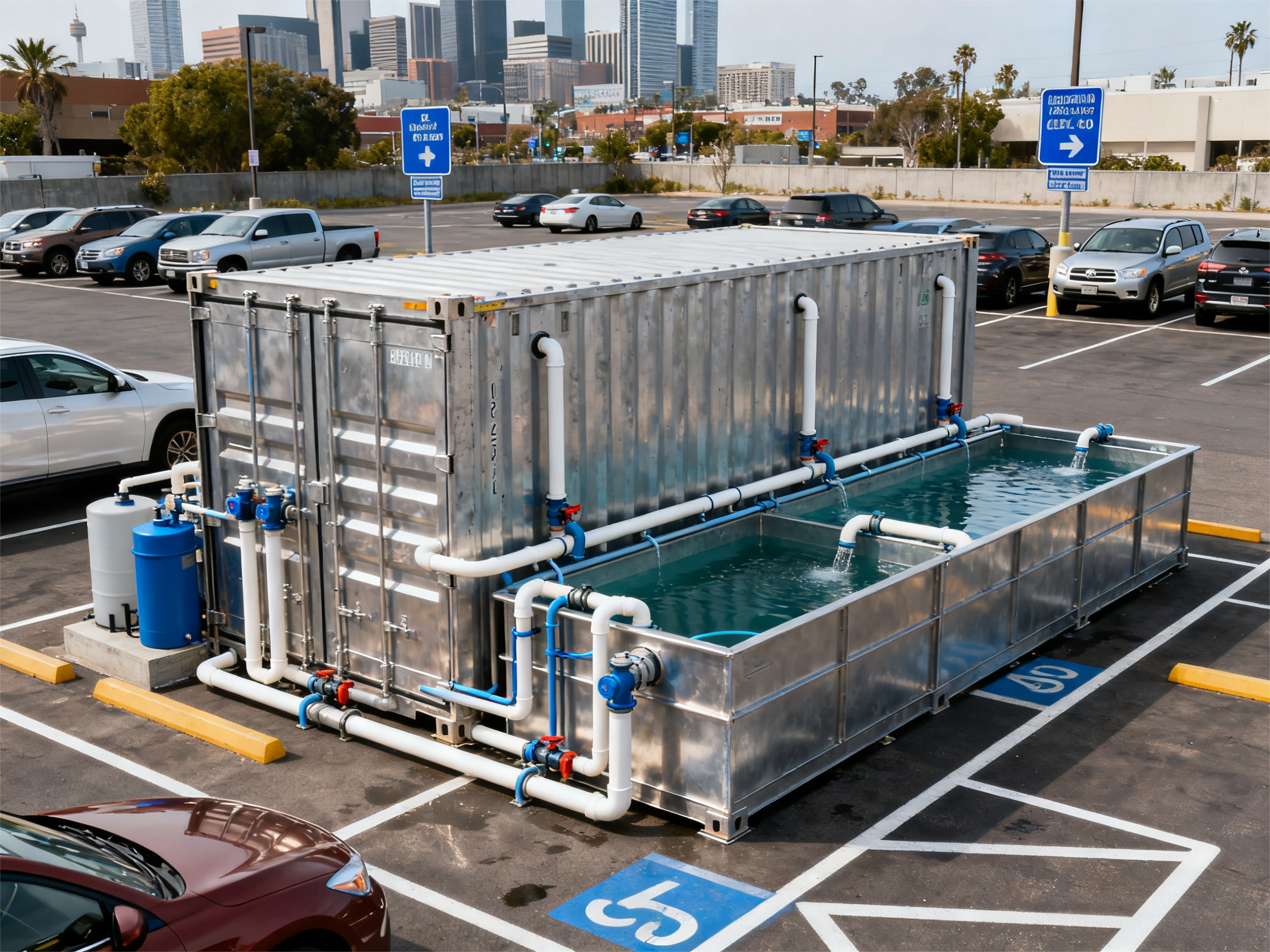As an innovative modular agricultural solution, container farms house a highly integrated intelligent production system within standard containers. A comprehensive assessment of their advantages and challenges is a critical prerequisite for making any strategic decisions.

The Appeal
Farming Anywhere: Its biggest charm is its incredible flexibility. You can set one up almost anywhere – vacant urban lots, rooftops, parking spaces, even disused plots of land.
Streamlined Approval: Because containers are often classified as movable structures, the approval process is typically faster and simpler than for permanent buildings, often focusing primarily on building safety and fire codes.
Easy Start-up & Scalability: You can start with just a single container, testing the business model with minimal risk. Once the concept is proven, expansion is straightforward. You can connect multiple containers side-by-side or, if space is tight, stack them vertically, offering excellent scalability.
Relocatable & Flexible: If a landowner needs the site back in the future, it’s not a problem. The entire farm can be conveniently moved to a new location, a level of flexibility traditional farming can’t match.
Stable & Highly Productive: Regardless of whether it’s scorching hot in the desert or freezing cold outside, the interior of a container farm maintains an ideal environment for crops, enabling year-round production. With multi-layer growing systems, it achieves extremely high space efficiency, yielding up to 100 times more than traditional farmland. It’s also highly water-efficient, using only about 1% of the water and fertilizer compared to soil-based agriculture.

The Considerations
High Initial Investment: It’s not without its challenges. To precisely control the internal climate, nutrients, CO₂, and lighting, these farms rely on a lot of advanced hardware and sensors, which leads to a considerable upfront cost.
Dependency on Specific Conditions: Therefore, container farming truly makes economic sense only in areas with relatively cheap electricity and where the crops grown can command a good price.
Different Expertise Required: The nature of farming changes. While outdoor farming is about adapting to the weather, indoor farming is about creating and managing the perfect growing conditions. This requires a new, more specialized skill set. Certainly, well-designed systems come with built-in strategies and data support to make management easier, but mastering the专业知识 of indoor agriculture remains crucial for success.In conclusion, if your goal is to test the waters of indoor agriculture in a new market with minimal risk, a container farm is an excellent starting point. However, before diving in, it’s essential to carefully consider the relatively high initial investment and the specific expertise it demands.

